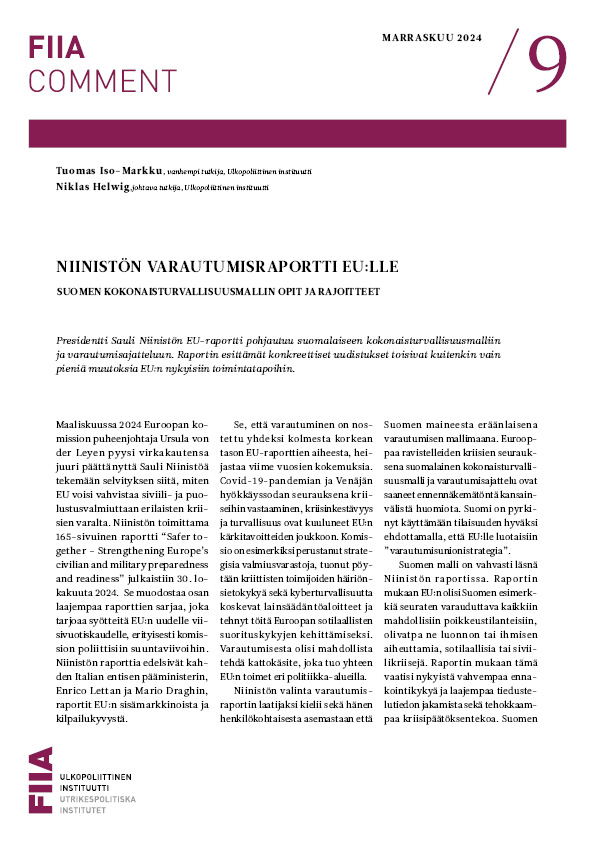The recent flurry of Turkish diplomatic activity appears to be projecting an image of a dynamic and assertive international actor. The various moves that the Turkish leadership has made of late in the international arena, however, seem to have created some confusion among Ankara’s partners and neighbours.
The perceptions of Turkish international behaviour vary. The spectrum of opinions appears to be exceptionally broad, ranging from seeing Turkey as turning its back on the West to viewing Ankara’s foreign policy as being well balanced toutes directions, to characterizing Turkey’s conduct as being essentially ”directionless”.
In reality, Turkish behaviour is shaped by both domestic and external factors. It is being influenced by the shifts in the country’s international identity and the changes in Turkey’s vision of its new geopolitical role, which themselves are the result of the powerful forces that are bringing about deep transformations within Turkish society and politics.
At the heart of the current Turkish foreign policy is a quest for a new strategic outlook and action that would enable the country to pursue an independent path on key regional issues and maintain balanced interactions with all its neighbours.
Turkey’s increasingly independent course, while undoubtedly possessing a significant positive potential, is likely to encounter formidable challenges. Furthermore, Turkey’s ambitions might well be constrained by the lack of resources needed to pursue a genuinely independent and assertive foreign policy.
For Turkey’s Western allies, a still bigger question is whether Ankara is able to balance the nationalistic public attitude and the need to continue working closely with Europe and America.







